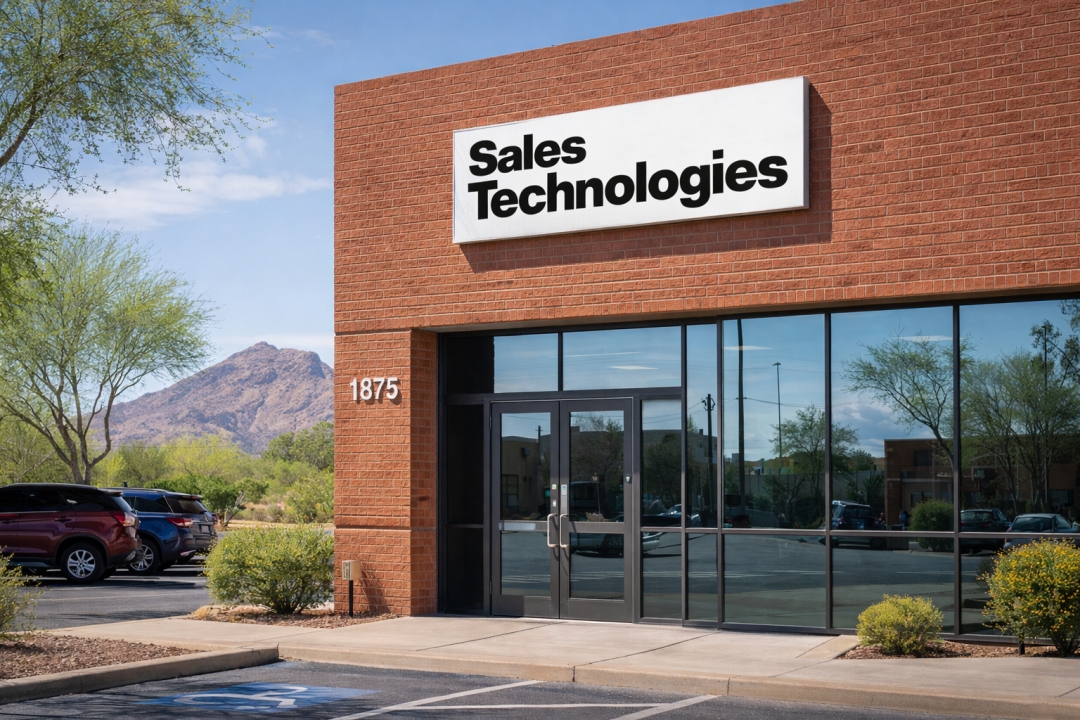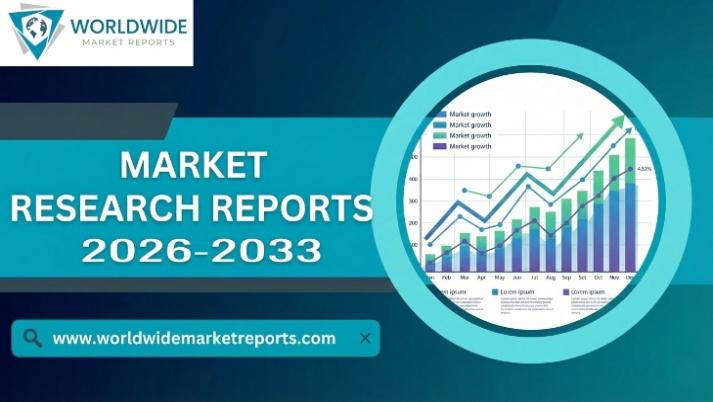20 Tips To Enhance Quality And Service

Diverse Male and Female Warehouse Inventory Managers Talking, Using Laptop Computer and Checking Retail Stock. Rows of Shelves Full of Cardboard Box Packages in the Background.
getty
Reliable supply chain relationships are crucial for delivering consistent quality and ensuring customer satisfaction. When businesses build strong connections with suppliers, they can better anticipate challenges and minimize disruptions to maintain a steady flow of goods and services.
Below, Forbes Business Development Council members share top strategies for building trustworthy supply chain relationships that support business growth and service delivery. From transparent communication to regular collaboration, these approaches can help you establish a responsive, resilient network.
1. Establish Consistent Touchpoints
Work just as hard to maintain relationships as you did to build them. Consistent, proactive touchpoints—reaching out even without an issue—are crucial. People tend to support and respect those they like. Simple acts like paying bills on time, suggesting business improvements, referring clients or remembering birthdays still matter today. These gestures strengthen trust and connection. – Ryan Dohrn, Sales Training World
2. Provide Open Communication And Regular Check-Ins
Build strong supply chain relationships with consistent, open communication. Regular check-ins, beyond problem times, foster trust and transparency with suppliers. Scheduling periodic reviews or in-person meetings shows they’re valued, encouraging them to prioritize your needs and collaborate on quality. This mutual commitment ensures a more reliable supply chain and better customer satisfaction. – Vera Maslova, L-Charge
3. Adopt A Long-Term Partnership Approach
Adopt a partnership model focused on mutual goals and transparency. Align standards, timelines and costs with open communication and performance reviews. A feedback loop drives continuous improvement and quick adaptation to changes. This long-term approach builds supplier trust and commitment, ensuring consistent quality and higher customer satisfaction. – Nandhakumar Purushothaman, Mphasis Limited
4. Establish A Hub For Ideas And Collaboration
To foster reliable supply chain partnerships, establish a hub where suppliers can actively contribute ideas for process improvements and co-develop solutions. By positioning them as collaborators in your innovation strategy, you strengthen trust, drive mutual growth and ensure continuous enhancement of service quality and customer satisfaction, enabling both parties to adapt and thrive together. – Kristin Naragon, Akeneo
5. Be Transparent With Regular Forecasts And Performance Reviews
Establish transparent, open communication and collaboration with suppliers. By sharing important information on demand forecasts, production schedules and quality standards, you foster trust and ensure that suppliers understand expectations. Regular performance reviews, joint problem-solving initiatives and setting shared goals can help maintain alignment, reduce risks and improve response times. – Elizabeth Kiehner, Nortal
Forbes Business Development Council is an invitation-only community for sales and biz dev executives. Do I qualify?
6. Establish Long-Term Contracts With Incentives
Create long-term contracts with incentives to ensure quality service and customer satisfaction. Incentivizing performance encourages suppliers to consistently prioritize their relationship with your business and maintain high standards. Long-term contracts also offer stability for suppliers, enabling them to invest in quality improvements and capacity, which benefits your supply chain reliability. – Salice Thomas, Wipro Limited
7. Know Your Suppliers’ Health
Know your supply chain up and down. Know the health of the suppliers of your supplier. Don’t put all your eggs in one basket. Have a second supplier from whom you purchase a monthly small percentage of your parts so that if something happens and you have to ramp up fast, they should be ready with ample notice for the increase in demand you are giving them. – David Strausser, Fonseca Advisers
8. Maintain Consistent Dialogue To Address Issues Early
One key strategy for building reliable supply chain relationships is fostering strong communication and transparency with suppliers. By maintaining open, consistent dialogue, you can address potential issues early, align on expectations and collaborate on solutions. This proactive approach ensures high-quality service, minimizes disruptions and enhances overall customer satisfaction. – Rahul Saluja, Cyient
9. Build A Digital Launchpad
Have an in-house quality control dashboard with customer feedback. Iteratively and incrementally, products and services are designed in the short term with fast life cycles. There are a lot of uncertainties from diverse variables that affect performance and customer satisfaction. For quick response and execution, a digital launchpad and visibility platform are required for the team leader’s decisions. – Gyehyon Andrea Jo, MVLASF
10. Set Goals And Expectations
It is essential to have clear and open communication with suppliers. These relationships are integral to a business. Our team views our global logistics relationships as partnerships involving expectation-setting and goal alignment. Strong relationships ensure good business, especially if disruptions happen. – Wayne Elsey, The Funds2Orgs Group
11. Treat Suppliers As Allies
Cultivate a “partner ecosystem” rather than a mere supply chain. Treat suppliers as strategic allies, not just vendors. Host annual summits to align visions, share challenges and innovate together. This approach transforms transactional relationships into collaborative partnerships, fostering loyalty and shared success. Remember, in the business jungle, symbiosis always outperforms parasitism! – Sidharth Ramsinghaney, Twilio
12. Set Clear Standards And Improvement Plans
The post-pandemic supply chain has become crucial, with many organizations now depending on suppliers to drive sustainability efforts. A key strategy is to set clear standards for suppliers, engaging them in strategic planning, innovation and process enhancements. Setting shared goals for both parties ensures continuous improvement in quality and customer satisfaction. – Arun Rasika Karunakaran, Tata Consultancy Services Ltd
13. Monitor Data Analytics And Product Quality
A strong strategy is to prioritize open communication and collaboration, which often involves bringing in partnerships. Strengthening connections with suppliers through diverse ideas creates community ties and partnerships. Leveraging data analytics to predict needs and address issues early while monitoring product quality and maintaining transparency adds value to every interaction you have. – Curtis Brinkerhoff, Impartner, Inc.
14. Provide Relevant Data
Establish collaborative communication channels with suppliers through regular check-ins, transparency about expectations and sharing relevant data regarding demand forecasts and inventory levels. Through open communication, both parties can address potential issues proactively and adapt to changes in the market. – Sanjay Annadate, LatentView Analytics
15. Share Real-Time Forecasts And Feedback
One key strategy for building reliable supply chain relationships is fostering open communication through a common collaborative work management platform. You strengthen trust and alignment with suppliers by sharing real-time forecasts, feedback and performance metrics. This transparency ensures consistent quality and service, leading to improved customer satisfaction and long-term success. – Michael Fritsch, Smarter Operations
16. Establish Mutual KPIs And Foster A Partnership Mindset
One effective strategy to build reliable supply chain relationships is through transparent, data-driven collaboration. Establishing mutual KPIs and fostering a partnership mindset helps mitigate risks, enhance agility and maintain high standards, ensuring consistent service and customer satisfaction. – Ravi Kotwani, Avyanco Group
17. Build Your Supply Chain Into Overall Vision
Building strategic partnerships with your supply chain is key to reliability. Invest the time and effort in bringing the supply chain into the overall vision for your delivery and services. Determine KPIs, OKRs and metrics that will drive accountability and ensure quality service and customer satisfaction. Ensure follow-through on pain points, collaborate and innovate as partners versus just vendors. – Archana Rao, Life Work You Inc.
18. Align On Expectations And Problem-Solving
A key strategy to build reliable supply chain relationships is open, consistent communication. Regularly share forecasts, align on expectations and collaborate on problem solving. This transparency fosters trust, ensures quality control and helps both parties respond proactively to challenges, ultimately enhancing service and customer satisfaction. – Robert Mendoza, Lazer Media
19. Build Mini-Ecosystems Within Workflows
The most efficient and powerful supply chains in the world have force multipliers built into them by cultivating partner relationships as mini-ecosystems within workflows. The smoother communication is between parties, the more streamlined data sharing is and the expectations are managed in all relationships—you have the beginnings of a well-oiled, humming supply chain ecosystem. – Siva Avvaru, Farmers Edge
20. Incorporate Performance And Forecast Touchpoints
KPI and performance delivery matrix are a must. Reliability comes with delivering on expectations, so as your supplier is delivering per those agreed-upon models, the reliability graph is on an upward trend. What you need to incorporate is a regular performance and forecast touchpoint where future and market changes are discussed, ensuring any deviation is captured at the earliest and factored in. – Mustansir Paliwala, EQUANS
link






